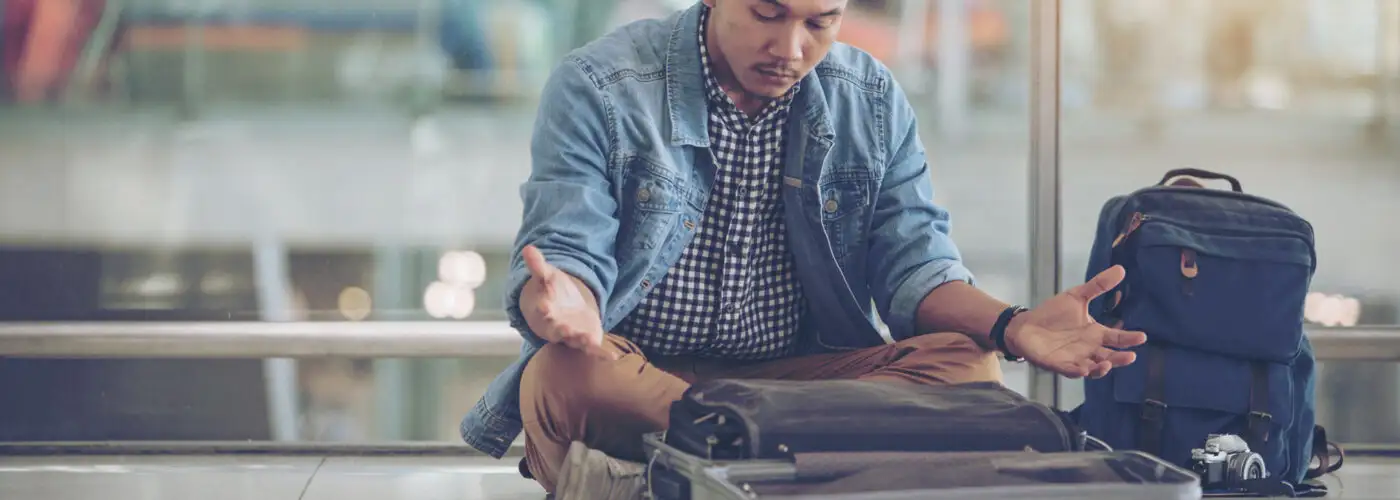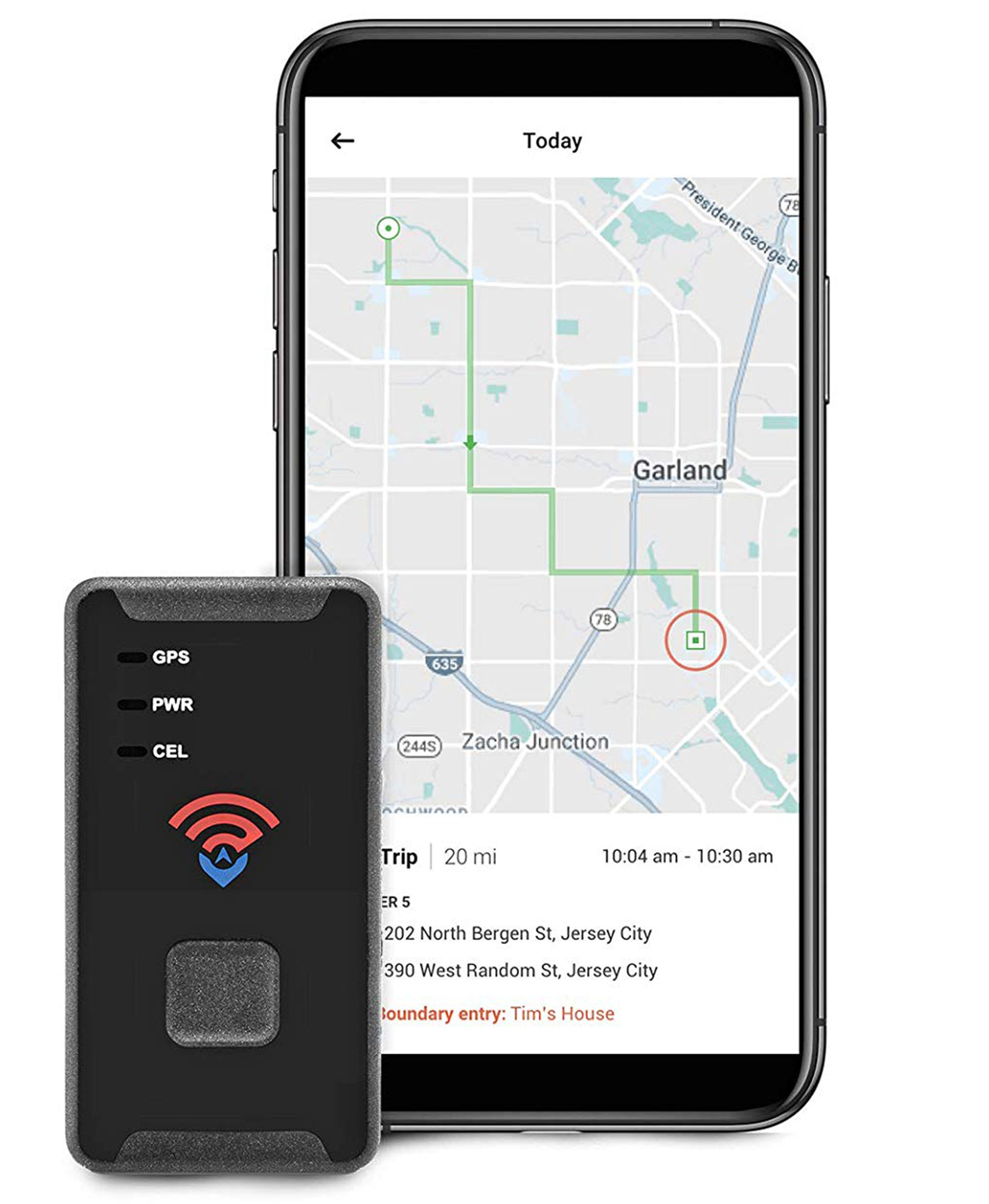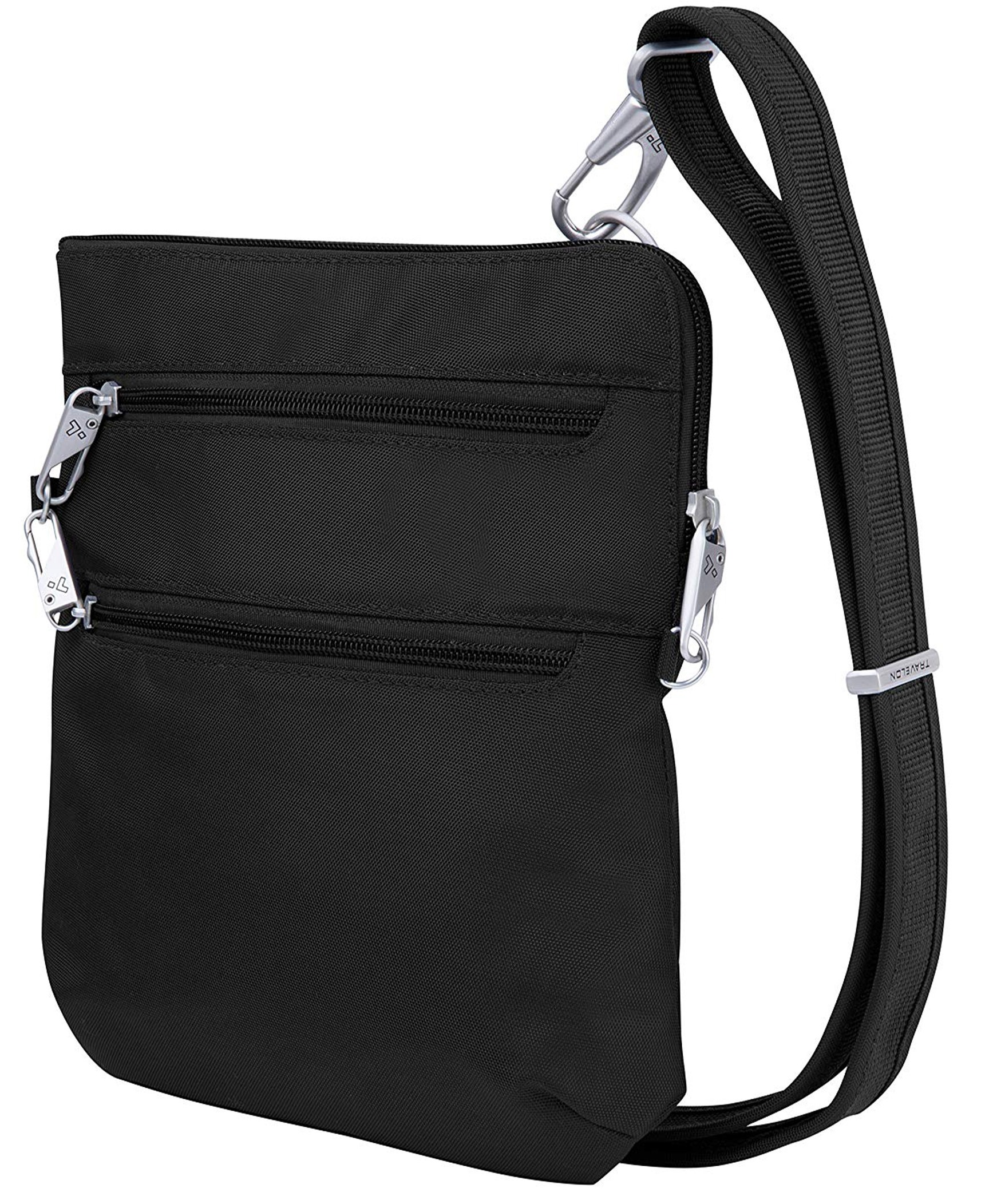You’re winging your way across Europe, having the time of your life, when you make a simple mistake. You set your bag down as you slurp an extra-large gelato, and before you know it … your bag is gone. Unfortunately, today’s the day you tucked your passport, credit cards, and extra cash in your bag instead of in your money belt. That sinking feeling is the realization that—except for the euro or two in your pocket—you’ve lost everything.
Odds are this won’t ever happen to you. But if it does, these tips can make even this worst-case scenario a minor bump in your European adventure.
Don’t Panic
First of all, take a breath. Panic clouds your judgment. And don’t beat yourself up: Even the most careful traveler can get ripped off. I once met a family in Amsterdam who managed to lose all their bags between the airport and their first hotel, and went on to have a very successful trip.
Ask for Help
If you’re in a country where little English is spoken, enlist the help of a local English-speaker to assist you in making phone calls or explaining the situation to the police. Try your hotelier or someone at the tourist office. Fellow travelers you’ve met can also be sources of help.
File a Police Report
Find a police officer and report the theft or loss. Having a police report may help with replacing your passport and credit cards, and is a must if you file an insurance claim for a lost rail pass or expensive travel gear.
Use the Internet
Get online at your hotel (if they don’t have a public Internet terminal, explain the situation and ask if you can use their reception-desk computer). If you’re between hotels, look for free Internet access at the tourist office or a library. Use the Internet to find contact details for the nearest U.S. embassy and your bank, retrieve the information you have stored online, or solicit help from folks back home.
Replace your passport
This is your top priority. Without a passport, you can’t leave the country, and you’ll find it difficult to check in to a new hotel or receive wired funds. To replace your passport, you’ll need to go in person to the closest American embassy (usually in the capital city) or consulate (in major towns). A helpful list is at www.travel.state.gov, or check a local phone book.
A replacement passport costs $145 and can generally be issued within a few days, or faster if you make a good case that you need it right away. If you don’t have the funds, the embassy will help you contact someone at home who can wire money directly to the embassy.
Cancel debit and credit cards
Within two days, cancel your lost or stolen debit and credit cards (limiting your liability to $50) and order replacements. Their 800 numbers don’t work overseas; call the global customer-assistance centers collect. Store these numbers on your phone in case you find yourself in this situation. You’ll need to tell them the name of the bank that issued the card and the type of card; it helps if you can also provide your credit card number and identification-verification details. Your bank can generally deliver a new card to you in Europe within two to three business days. Also, notify your mobile phone carrier if your phone was stolen.
To avoid losing it all, be prepared
Wear a money belt. Keep a few $20 bills in a separate bag or hidden somewhere on your person. If you’re traveling with a partner, carry photocopies of each other’s passports and other important documents; store important documents in a password-protected account online; and/or leave copies with loved ones who can fax them to you if needed.
Keep track of your stuff
You’re more likely to inadvertently lose your bag than to have it stolen. I’ve heard of travelers leaving passports under pillows, bags on the overhead rack on the bus, cameras in the taxi, and once even a backpack under a bush beside a hiking trail. You’re especially vulnerable when you’re tired, confused, or using public transportation. Don’t absentmindedly set a bag down next to you while you wait in line at the train station; always be in physical contact with your stuff.
Nowadays, you can purchase small GPS-tracking devices for your keys, bags, etc. If you have lost your phone, follow these steps; nowadays you have even a better chance of getting your stuff back with location services.
Whatever happens, try to make the best of the situation. Be flexible and patient. It may not help at the time, but try to remember that your loss will make for a good story when you get home. Like a friend of mine says, “When it comes to travel, Tragedy + Time = Comedy.”
More from SmarterTravel:
- 10 Smart Ways to Carry Money While Traveling
- How to Avoid Foreign Transaction Fees
- 10 Things to Pack That Will Save You Money
Rick Steves writes European travel guidebooks and hosts travel shows on public television and public radio. Email him at rick@ricksteves.com and follow his blog on Facebook.
Editor’s note: This story was originally published in 2011. It has been updated to reflect the most current information.
We hand-pick everything we recommend and select items through testing and reviews. Some products are sent to us free of charge with no incentive to offer a favorable review. We offer our unbiased opinions and do not accept compensation to review products. All items are in stock and prices are accurate at the time of publication. If you buy something through our links, we may earn a commission.
Related
Top Fares From
Today's Top Travel Deals
Brought to you by ShermansTravel
Shop and Save with Country Inns...
Patricia Magaña


$229 -- Chicago: Discounted Rates and...
Francesca Miele


$188 -- Honolulu: Save on Oceanview...
Abigail Lamay












